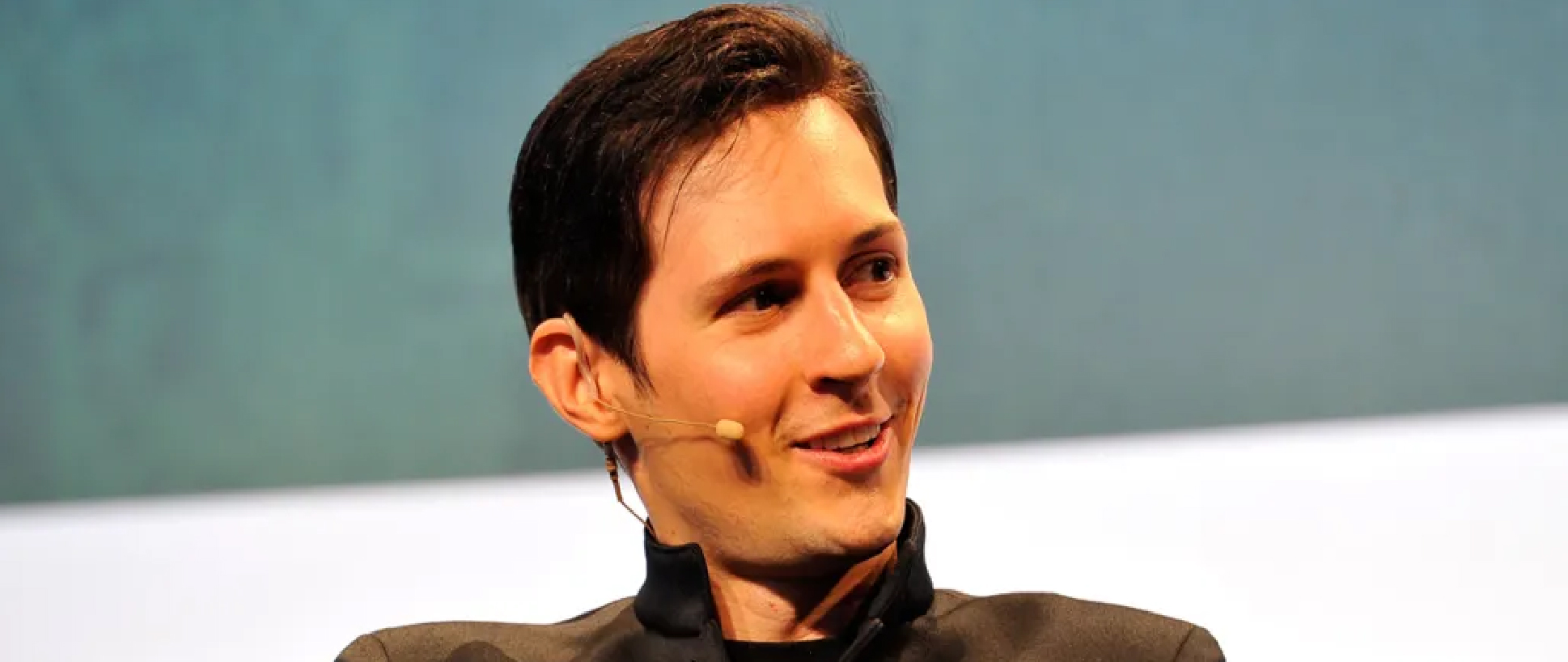Pavel Durov, Telegram CEO arrested in Paris on August 24, 2024, under accusations that his platform promoted illegal activities such as drug trafficking, money laundering, terrorism, and spreading child pornography. His arrest has provoked a wider debate about the role of communication platforms, balancing user privacy with law enforcement’s need to regulate content.
Read this article to know the untold story behind the Russian billionaire Telegram CEO arrest.
What is Telegram?
Telegram is the third most downloaded app worldwide. It is a cloud-based messaging app that was launched in 2013 by Durov and his brother Nikolai. Now, Telegram has more than 800 million users, according to insights from Statista, making it one of the most-used messaging apps in the world.
Telegram has emerged as a significant service in many countries, used for everything from regular chit-chat and sending images and documents to spreading government messages. Because communications on the platform are encrypted, law enforcement and Telegram itself have few oversights on what users share. That privacy feature has made Telegram a crucial communication platform in countries where freedom of speech is tightening up, such as Russia, Iran, and India. Moreover, the app is also widely used in Ukraine, where it has become an important tool for sharing news about the war and warnings about air raids.
But those encrypted features have also made the platform popular among drug traffickers, money launderers, and extremists, including terrorist groups on Telegram such as ISIS. Telegram allows approximately 200,000 users to join individual chat groups, where bogus information can spread quickly. Other encrypted services, such as WhatsApp, have much smaller limits on group sizes.
In March, Pavel Durov told the Financial Times that the platform was nearing profitability after offering advertising and subscriptions two years ago. It adds that the company was considering a first public offering.
Telegram’s Rising Popularity and Controversies
Telegram’s role in the digital world has become increasingly controversial. Governments, particularly those with oppressive tendencies, have found Telegram a challenge to control. In 2018, Russia tried to ban Telegram after Durov refused to hand over decryption keys that would allow that state to monitor private messages. This defiance turned Telegram into a symbol of resistance against state surveillance. Eventually, Russia lifted the ban in 2020, but this period revealed Telegram’s importance as a communication tool for free speech in oppressive regimes.
Telegram has also courted controversy in the context of political events. The platform gained popularity among groups linked with the QAnon conspiracy theory and Trump supporters after mainstream social media platforms cracked down on false claims associated with the 2020 US presidential election. While Telegram positioned itself as a protector of free speech, the platform’s openness also facilitated the spread of misinformation that could fuel real-world violence.
In 2021, Telegram’s refusal to remove extremist content led to further inquiry. The application became a flavorful communication tool for ISIS and other terrorist organizations, using its encrypted messaging system to plan attacks and spread propaganda. Regardless of Telegram’s efforts to moderate content, the end-to-end encryption feature makes it difficult to effectively monitor and control illicit activities.
Why was Telegram CEO Arrested in France?

Pavel Durov’s arrest in France came after a French warrant was issued, allegations of facilitating illegal activities on Telegram. While Durov was not personally involved in any of the crimes, the authorities claim that Telegram has allowed these activities to thrive due to its denial to cooperate with law enforcement in terms of content moderation.
The Telegram CEO arrest has raised questions about the responsibility of platform owners to prevent illicit content. Critics argue that Telegram’s privacy features, while valuable for protecting user rights, also make it impossible for authorities to monitor and fight against criminal activities. However, Telegram maintains that it does its best to ensure compliance with local laws and removes content that violates its terms of privacy.
The charges against Pavel Durov are significant, including allegations of terrorism, money laundering, drug dealing, fraud, and child trafficking. The accusations center on Telegram’s use by criminal elements, but the main issue remains whether Durov and Telegram are doing enough to prevent illicit content from spreading on the platform.
Eventually, the Telegram CEO was arrested in France and released from police custody after paying €5 million in bail. He is under court monitoring and restricts to stay in France and check in at a police station two times a week while the investigation continues.
Telegram’s Response Against Allegations
Telegram has defended itself against these accusations, asserting that it follows local regulations and abides by EU laws. In a statement following Pavel Durov’s arrest, the company stated that its content moderation efforts are constantly improving, with a focus on removing illicit content while preserving the platform’s fundamental aspects of privacy and freedom of space.
Telegram has taken proactive steps to address illicit activities on its platform. For instance, in 2021, it suspended several channels linked with the militant group Hamas. Moreover, Telegram has increasingly taken action against hate speech and calls for violence. However, its efforts remain limited, as encrypted private chats cannot be easily monitored or regulated.
Does Telegram Moderate Content After Pavel Durov Arrest?
After Telegram CEO was arrested in France over accusations of allowing illicit activities on the platform, Telegram is making significant changes to its content moderation policies. French authorities charged Telegram for being used to spread child abuse content and facilitate drug trafficking, claiming the company had failed to cooperate with investigations. In response, Durov confessed that the app’s rapid growth made it easier for criminals to exploit the platform and promised to take strict actions against such illegal activities.
To reflect this new way, Telegram updated its FAQ to provide clearer instructions on how users can report illegal content. While private chats remain private, Telegram now emphasizes a more dynamic approach to content moderation, encouraging users to flag harmful messages.
